
Five steps to mitigating privileged account risks: Getting ahead of a security breach
Privileged accounts are a necessity in all enterprise IT environments. Administrators must have enhanced privileges to manage the environment. Unfortunately, these privileged accounts bring high risk to a company’s network; in fact, recent research shows that almost half (44 percent) of all security breaches that happened in 2017 involved privileged account access.
There are a number of reasons these privileged accounts bring such high risk with them. For example, something so simple as a password reset can mistakenly grant a user full administrative rights that can be misused either intentionally or accidentally. These accounts are also inherently difficult to manage due to the high volume of users and systems that need access to the same credentials, making it difficult to keep the credentials secure. Luckily, there are some concrete, critical steps that an organization can take to ensure risk on its network is minimized and protected from privileged account misuse.
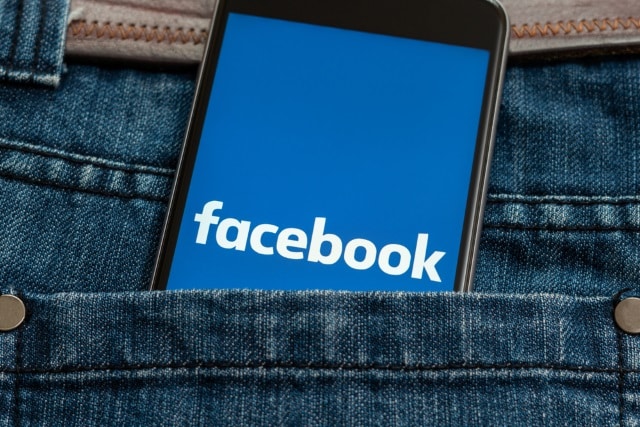
If you've added your phone number to Facebook for 2FA security, it can be used to search for you
Facebook has been encouraging users to enable two-factor authentication to boost the security of their accounts, but it turns out that there's a slightly sinister side to this feature.
You may well have opted to maintain an element of privacy by omitting personal information such as your address and phone number from your profile. But if you've used your mobile number to secure your account with 2FA, even if it is not visible to others, it can still be used to search for you -- and there is no way to opt out of this.
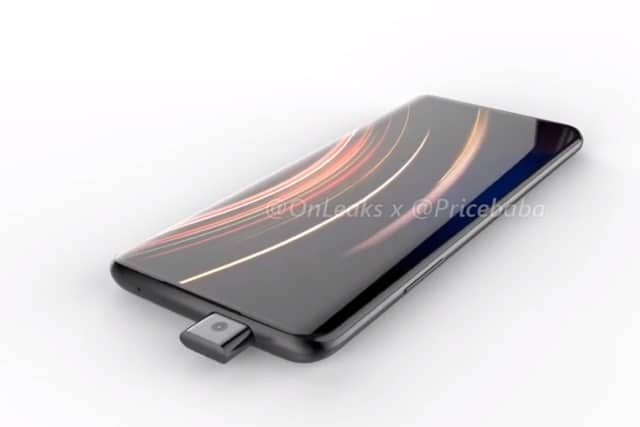
Leak: OnePlus 7 could eliminate the notch with a pop-up camera
At MWC last month, OnePlus did not -- as many people had hoped -- show off the OnePlus 7, opting instead to give visitors a hands-off glimpse at a 5G prototype. But a new leak gives us an idea of what we might expect to see in the upcoming handset.
In a video, the OnePlus 7 is shown to have virtually no bezels, and a 6.5-inch screen is unencumbered by a notch or hole punch cut-out. This is thanks largely to the use of a camera that pops up out of the top of the handset.
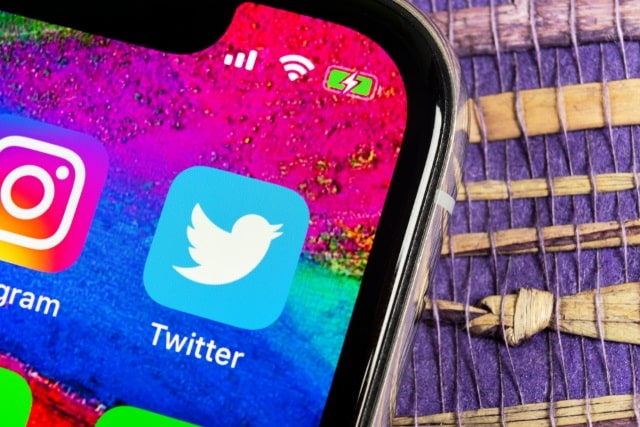
Twitter is testing a new option to let you hide replies to tweets
There are many demands made of Twitter, but perhaps the most frequently requested feature is an edit option. There's a chance that this will appear in time, but until then there are other concerns for Twitter users.
Abuse and trolling on Twitter -- like other social networks -- is rife, and anyone posting a tweet has to deal with the replies that it may generate... and the responses to those replies. It is already possible to block or mute respondents, but Twitter is currently testing a new tool -- the ability to hide replies.
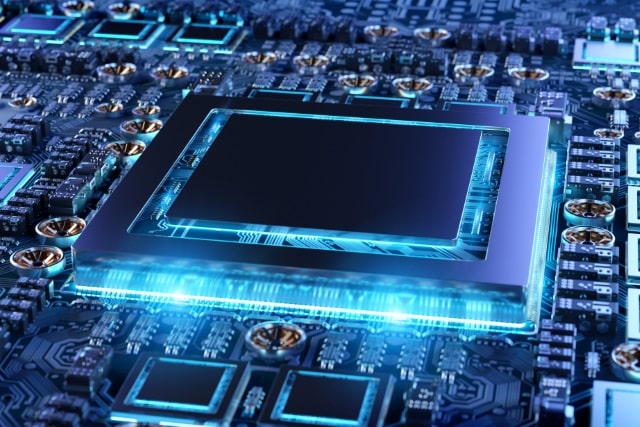
Microsoft welcomes new partners as it launches Microsoft Quantum Network
Quantum computing is not necessarily the future of computing, but it's certainly a future and an important part of technological advancement. All of the big players from the world of technology are understandably eager to be at the forefront of what's happening, and Microsoft is no different.
This week, the company formally launched the Microsoft Quantum Network, a coalition of partners with a shared vision. The goal is "sharing knowledge and collaborating with the best quantum innovators" with a view to helping the progression of quantum computing.

Linux Mint reveals upcoming logo and website changes
Linux Mint is one of the most polished and beautiful operating systems. As more and more people reject Windows 10, Mint becomes a very attractive alternative. Looks aside, it is a stable and reliable Linux distribution too -- it provides an overall excellent user experience.
Unfortunately, the great looks of the Linux Mint operating system do not carry over to its website. What I’m trying to say is, the Linux Mint website is ugly and outdated. In the grand scheme of things that doesn’t matter much, but it could be a turnoff to new users.
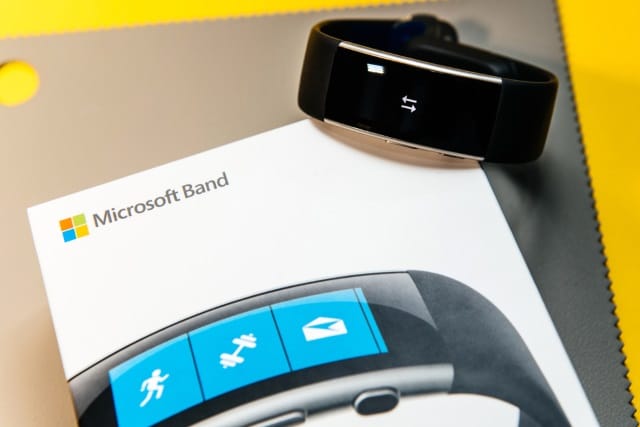
Microsoft announces it is killing off Microsoft Health Dashboard apps and services -- and giving refunds to Band owners
It is a while since Microsoft discontinued its Band fitness tracker, but for the last two years owners have still be able to synchronize data collected through the wearable. But now the company has announced that it plans to close down the Microsoft Band apps and Microsoft Health Dashboard website.
The shutdown date has been set for May 31. On this date, Android, iOS and Windows Phone apps will vanish from their respective stores, and the services will be terminated. Users have a limited time to export their data, and to soften the blow, some Band owners will be eligible for a refund of up to $175.
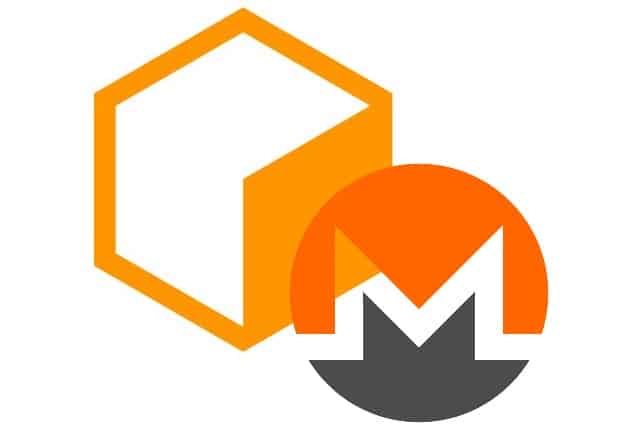
Monero miner Coinhive is closing down because of the cryptocurrency 'crash'
Coinhive -- the controversial Monero mining service -- has announced that it is closing down.
The decision to shut up shop has been partly blamed on the dramatic drop in the value of the cryptocurrency. A huge slump in Monero's value, coupled with an impending hard fork of the cryptocurrency and an update to the mining algorithm, means that the service is no longer economically viable.
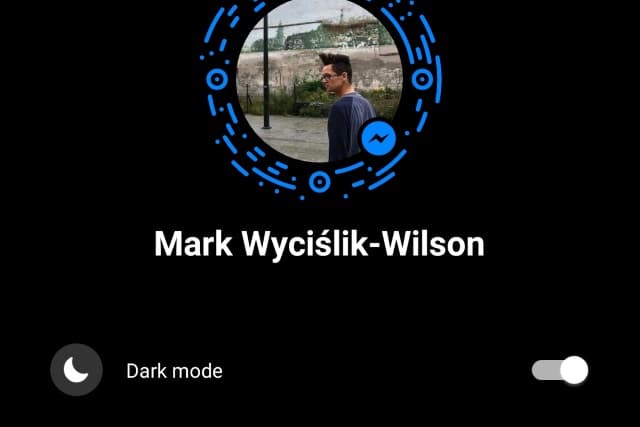
How to enable the secret, hidden dark mode in Facebook Messenger [UPDATED]
The love of dark mode options in apps and operating systems shows no sign of waning. While a large number of big-names have added dark modes, there are still plenty that need to jump on the bandwagon. One app that has held out is Facebook Messenger, but there is secret dark mode option that you can enable.
Probes into the Facebook Messenger app had already revealed that Facebook was working on darker hues, and it even rolled out to small number of users in the latter part of last year -- but not everyone. Now you can use a little trick to access dark mode in the Android and iOS versions of Messenger for yourself.

Windows 10 loses share as Windows 7 makes significant gains
There are lots of ways to measure Windows share including StatCounter and Steam. Like most other tech sites, BetaNews has always focused on NetMarketShare, and at the start of the year the analyst firm finally reported that Windows 10 had overtaken its main rival, Windows 7 (a move that was a long time coming seeing as others had reported this happening months earlier).
In January, the new OS consolidated its lead, but in February things were far less rosy for Windows 10.
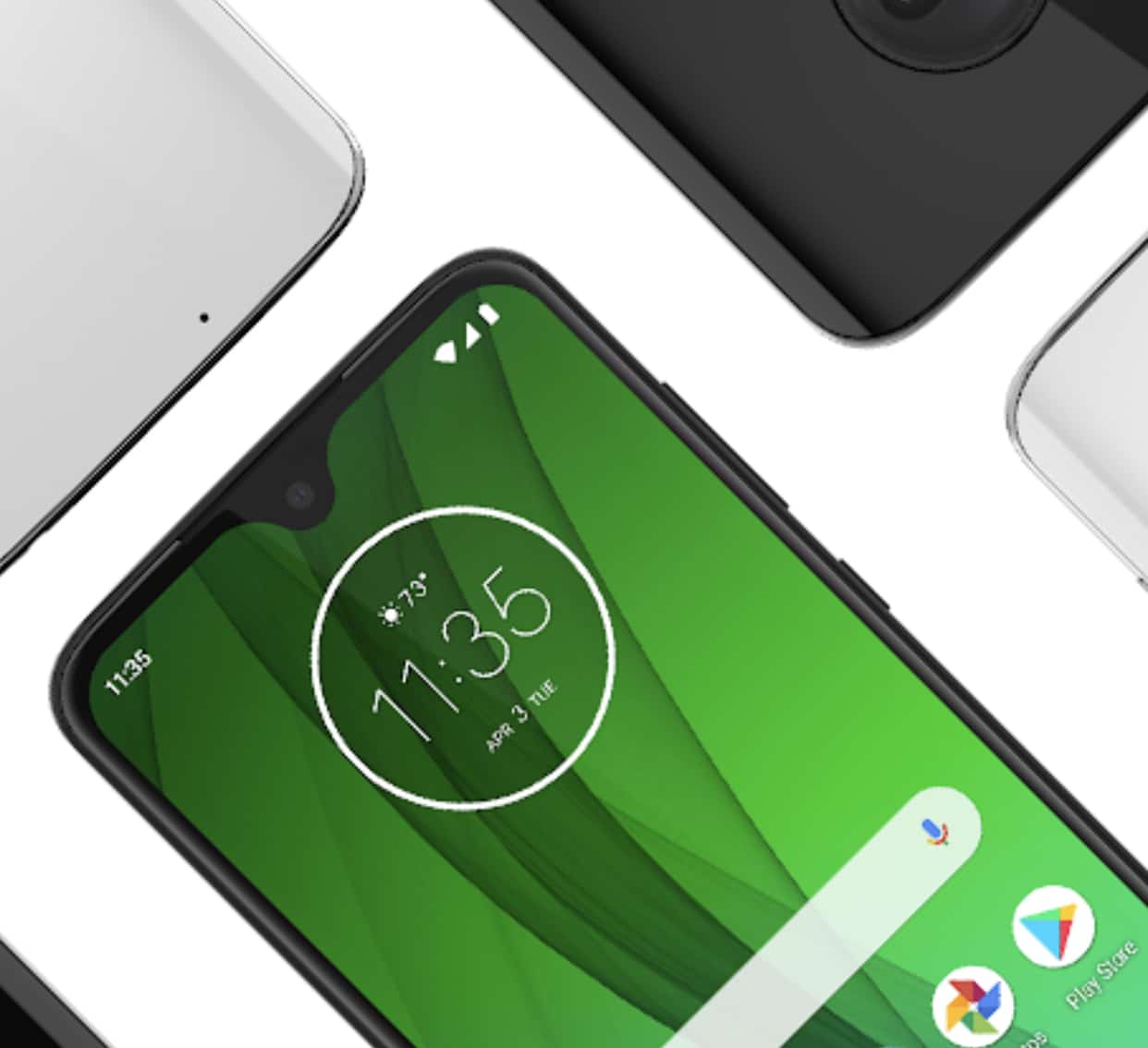
On a budget? Check out the Motorola moto g7 on Google Fi
Times are hard out there, y’all. Look, I get it -- disposable income is hard to come by. At the same time, a smartphone really isn’t a luxury anymore -- it is a necessity. That’s why it hurts so badly when companies price the latest and greatest devices at $1,000 or more. Even worse, the cost for cellular service is a monthly drain on your bank account too.
Thankfully, you can have a quality smartphone experience without breaking the bank. The Google Fi service, for instance, is affordable without being low quality. The search giant’s offering aggregates services from Sprint, T-Mobile, and U.S. Cellular to help you have a solid connection wherever you go. Today, Google Fi announces support for an additional phone -- moto g7. This budget smartphone from Motorola will support all Google Fi features for a very reasonable price.
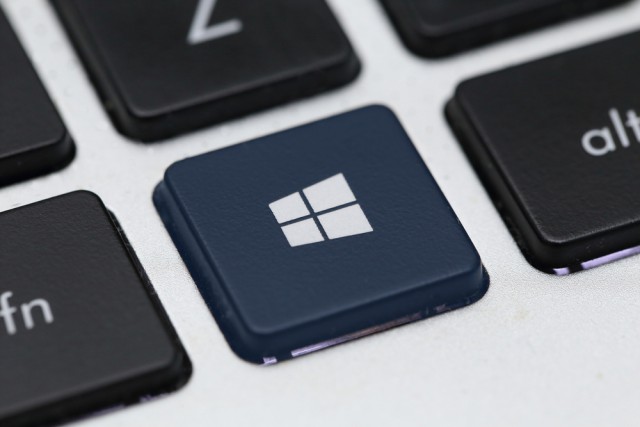
Microsoft releases Windows 10 19H1 Build 18348 to the Fast ring
The idea behind the Windows Insider program is members get to test out preview versions of forthcoming Windows 10 builds.
However, quite how much actual testing can get done when the builds are rolling out thick and fast is a matter for debate. Windows 10 Build 18348 is the second 19H1 build to be rolled out this week, and the fourth build in total, when you factor in Slow and Skip Ahead releases. If it's Microsoft's aim to confuse people, the software giant is doing a bang up job here.
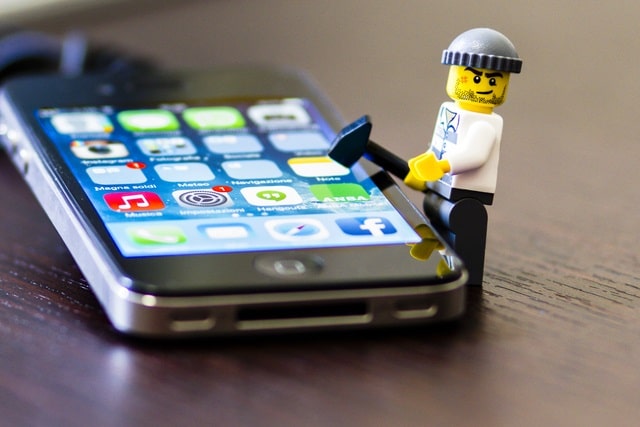
Want to hack an iPhone? Cellebrite hacking tools are available on eBay
iPhones are renown for their security -- to the point that even law enforcement agencies have trouble accessing their contents. An Israeli firm, Cellebrite, became well-known when it transpired that hacking tools it made were used by the US government to crack locked iPhones… and now its hacking tools are available to buy on eBay.
For as little as $100-$1000, you can get your hands on a second-hand piece of Cellebrite equipment (a fraction of its usual selling price). For just a few Benjamins, you could get a Cellebrite UFED (Universal Forensic Extraction Device) and use it for whatever you might fancy.
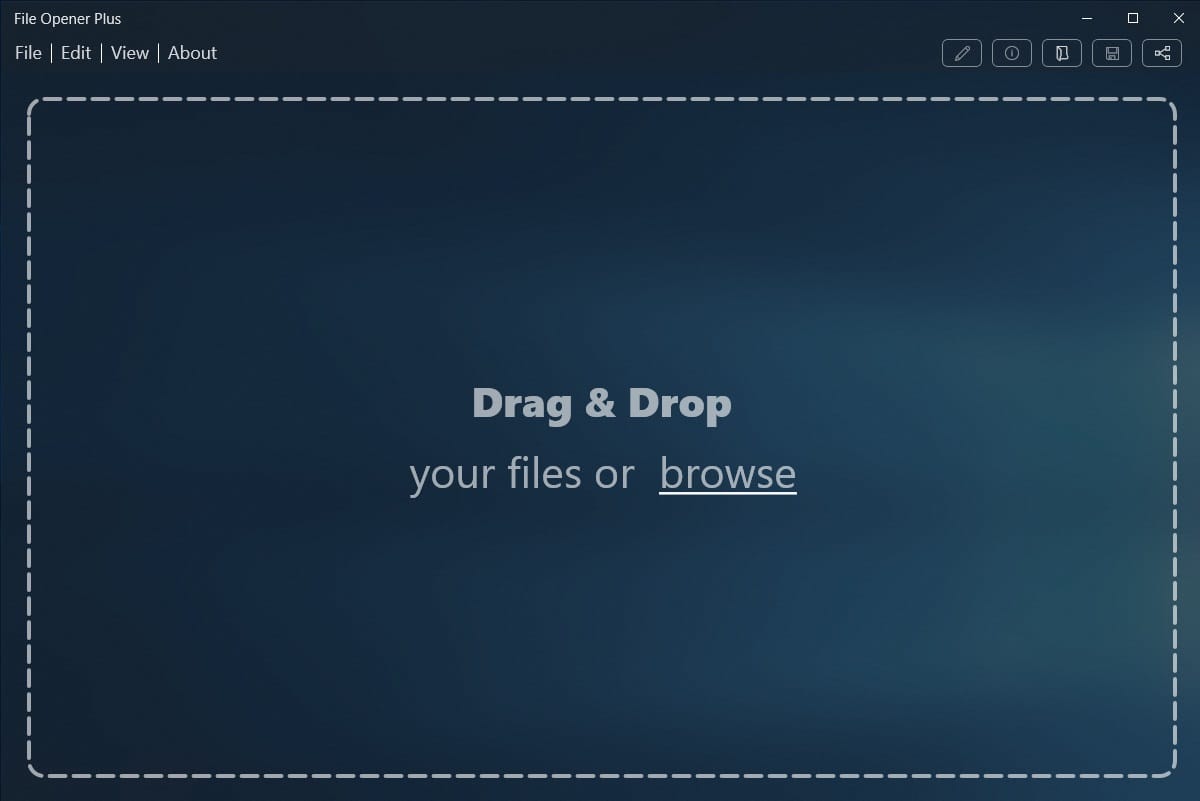
Best Windows 10 apps this week
Three-hundred-and-twenty-four in a series. Welcome to this week's overview of the best apps, games and extensions released for Windows 10 on the Windows Store in the past seven days.
Microsoft released new builds of the upcoming Windows 10 version 1903 and the Skip Ahead Windows 10 version 2003 this week.

Red Hat teams up with Microsoft, Google Cloud and AWS to launch OperatorHub.io, a registry for finding Kubernetes Operators
Red Hat, Microsoft, Google Cloud and Amazon Web Services have joined forces to launch OperatorHub.io, a centralized repository to help the Kubernetes community find and share Operators.
Introduced by CoreOS back in 2016, Operators provide a way of packaging, deploying and managing Kubernetes applications. Until now, it was often difficult to find Operators, and this is the problem OperatorHub.io aims to address. On top of being a registry, the repository makes it easy to home in on curated Operators that are of a high standard.



